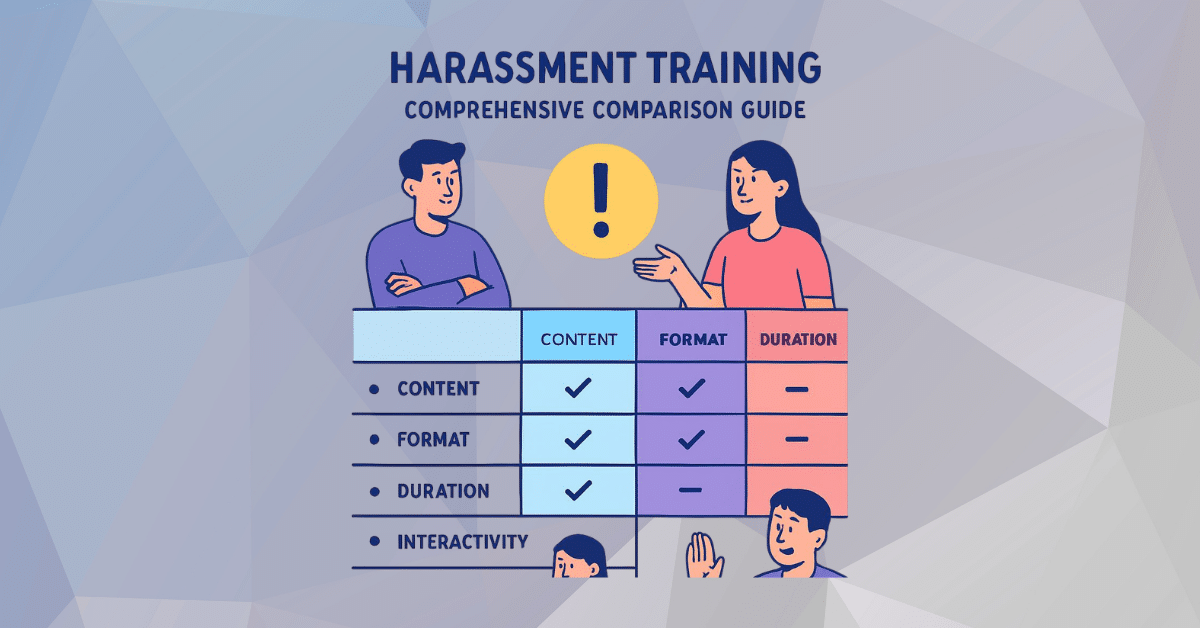Hiring a website manager takes careful planning. With websites affecting branding, sales, and support, businesses face real stakes when picking the right person for the role. Demand is rising, job requirements are getting more technical, and hiring mistakes cost money. This guide explains how to approach the hiring process, what to look for, current salary trends, and which skills matter most.
Website Manager: What the Job Looks Like Today
A website manager oversees a company’s website operations. The role stretches into technical support, marketing, analytics, and compliance. A look at job boards reveals positions titled Website Manager, Senior Web Strategy Manager, and Web Content Manager. Core duties cover these areas:
- Daily site monitoring
- Content updates and audits
- Analytics setup and tracking
- Search optimization with tools such as Google Analytics
- Security tasks, including regular backups and access control
- Collaboration with marketing and design teams
Some roles now expect oversight of web-based products, social integration, and even digital ads. Certifications in site analytics, cloud computing, or security are common requirements. New job postings favor skills in automation and artificial intelligence tools, as businesses depend more on data to guide web projects.
Pathways: Comparing Hiring Options
You can hire a website manager as a full-time employee, on a freelance basis, or through an agency. Each choice comes with its own cost, oversight, and efficiency factors.
In-House: Salary averages land between $50,000 and $200,000 per year, with top urban roles going higher. Companies seeking close integration or quick updates often pick this option. In fact, over 70% of large businesses have 10 or more in-house staff working on web management.
Freelance: Hourly rates from $30 to $200 offer flexibility. This setup allows for short projects. About 59% of enterprises use freelancers when they want to reduce direct salary costs or tackle site refreshes and migrations. But, less oversight and varying skill levels mean quality control can suffer.
Agency: Monthly costs can start at $100, stretching to $25,000 for comprehensive support. Agencies bring a range of skills but may lock you into long contracts. This structure makes sense for businesses that need regular design, development, and digital marketing work, but upfront clarity on deliverables is essential.
Hiring Them Right: Key Steps and Pitfalls
Every hiring plan starts with a clear scope. Define what your business needs first. Is the main task content refreshes, e-commerce setup, or full system audits? Each path demands unique skills.
Next, evaluate applicants. Review portfolios and technical tests specific to your setup — for example, troubleshooting issues in WordPress or demonstrating SEO updates. This practice screens out unqualified candidates and weeds out those whose experience does not match your stack.
Negotiate terms that let you assess fit with minimal risk. For freelancers or agencies, opt for month-to-month contracts to encourage performance and transparency. Watch for unclear scopes and hidden costs that can add up quickly.
Hiring the wrong manager can be expensive. Zippia points to annual costs of over $80,000 for mismatched or underperforming hires. Checking for experience and a match with your actual web technology helps cut that risk.
Technical Foundations a Website Manager Should Understand
A well-qualified website manager should have a solid grasp of several technical basics that go beyond coding. This includes knowing how to configure web hosting, set up email servers, register and secure domains, and implement SSL certificates. Choosing the right solutions in each area impacts website performance and security. For example, someone who has worked with both shared and VPS hosting will better understand trade-offs in reliability and scalability.
Practical know-how with daily management tools is just as vital. This may include integrating analytics platforms like Google Analytics, maintaining regular backups, or troubleshooting connectivity issues that stem from DNS misconfigurations. Basic skills in topics like web hosting, domain provisioning, and site monitoring can prevent downtime and help keep online business operations steady.
Skills That Set Candidates Apart
A good manager blends technical and organizational skills. The most in-demand skills right now include:
- Proficiency with content management systems. 65% of roles require skills in platforms like WordPress.
- Search optimization. Over 92% of job postings ask for on-page SEO experience.
- Web analytics know-how. Google Analytics is a common standard.
- UX and design. Intuitive layouts, easy navigation, and mobile-friendly adjustments are now routine expectations.
- Security diligence. From handling SSL to following best practices for compliance, security cannot be ignored.
- Adaptability with new technologies. Demand for chatbot and predictive analytics experience has jumped by 22%.
Employers increasingly expect candidates who understand both marketing and tech tasks. A notable trend is having staff combine roles, such as running both content campaigns and technical audits.
Certifications are now a frequent requirement. Around 73% of employers list credentials such as Google Analytics, AWS Cloud, and cybersecurity certifications. Those with project management or advanced security qualifications often command 18% to 32% higher pay and are hired faster.
Salary Ranges and Market Trends
Salaries for website managers range widely. National averages sit near $92,000 per year, based on job descriptions and aggregate salary data. In tech hubs, they go as high as $132,000. Rural or smaller market roles trail by about 43%.
Remote roles now account for a large portion of postings, often without changing pay based on locale, which can give job seekers leverage. Demand for people with a hand in both content and analytics continues to grow.
On the freelance side, cost savings can reach up to $18,000 per year compared to employee hires, mostly due to the absence of benefits and facilities charges. Still, companies need clear project guidelines to avoid scope creep and hidden costs.
Underreported Data: What Most Articles Miss
- 67% of job postings now list artificial intelligence or automation skills, yet about a quarter of hiring guides mention it at all. This is a rising expectation even among medium-sized businesses.
- Cybersecurity has moved up the priority list, as 81% of web roles now ask for knowledge of ethical hacking or legal requirements like data privacy.
- Demand for niche content management systems, such as Webflow and Headless CMS tools, is present in 29% of open jobs, suggesting specialization pays off.
How to Make the Right Hire
Get the basics right with a clear role description, set skills testing in the interview, and outline your needs around design, support, and content. Large organizations often prefer to promote from within because of alignment on culture and workflow, but external hires can inject new skills, especially when roles demand up-to-date tech and compliance knowledge.
Companies using AI-based screening spot technical gaps faster, while others place weight on real-world case studies, which help gauge a candidate’s true fit. The market now sees over 3,300 listings for content and website managers, showing active demand and varied compensation.
Final Thoughts
A skilled website manager improves site performance, drives engagement, and keeps business-critical systems online and compliant. Key skills range from search optimization and analytics to hands-on hosting and advanced security tasks. Cost, model of engagement, and ongoing learning shape the decision. Structured hiring, attention to skills now in high demand, and a focus on transparent roles will help businesses get dependable results and long-term value from the hire.


















